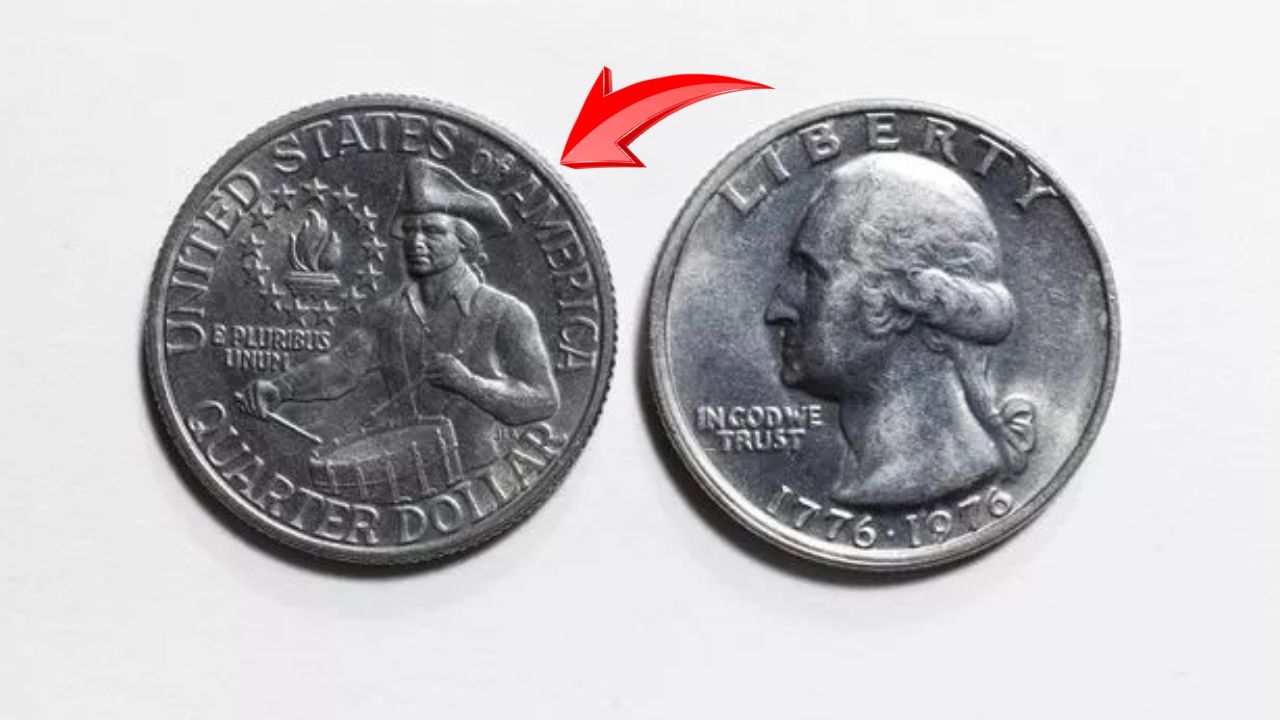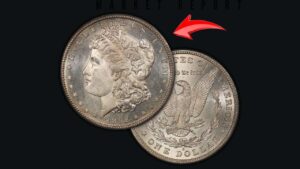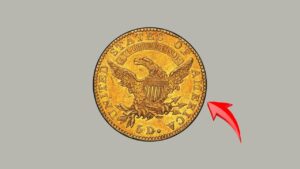Few things ignite the imagination like the idea of a common coin being worth more than a private jet. Yet that’s the buzz around 8 ultra-rare Bicentennial Quarters, each rumored to be worth as much as $270 million. While these claims may seem fantastical, they’re grounded in the realities of coin collecting, where rarity, condition, and historical significance can turn everyday currency into priceless artifacts.
Here’s what makes these quarters so extraordinary—and what you should look for if you think one might be hiding in your pocket.
The Legacy of the Bicentennial Quarter
In 1976, the U.S. Mint released the Bicentennial Quarter to commemorate 200 years of American independence. Rather than the typical eagle reverse, these quarters feature a Colonial drummer with a torch and 13 stars, honoring the original colonies. The obverse still shows George Washington, but with a dual date: 1776–1976.
While millions were minted and are still in circulation today, only a few were produced under rare or unintended conditions, making them potentially worth hundreds of millions.
Why These Coins Could Be Worth $270 Million
1. Minting Errors
Some of these coins are believed to have been struck on the wrong type of planchet (metal disc), or contain double strikes, missing design elements, or misalignments—all of which can drastically increase a coin’s rarity and value.
2. Rare Metal Composition
Most quarters from that era are made of copper-nickel, while some were issued in 40% silver for collectors. These rare examples, however, are rumored to have been struck on pure gold or experimental alloys, a possibility that skyrockets their worth.
3. Flawless Condition (MS-70)
Each of these 8 coins is said to be in Mint State 70 (MS-70) condition—meaning perfect quality with no blemishes, scratches, or wear, a grade that’s nearly impossible to find for coins that entered circulation.
4. Historical Relevance
Commemorating America’s Bicentennial gives these coins strong patriotic and historical appeal, making them especially desirable to collectors and museums alike.
5. High Demand, Low Supply
With only 8 reported examples in existence, collector interest is intense. Rarity breeds competition, and competition drives up prices.
Quick Overview
| Feature | Details |
|---|---|
| Coin | Bicentennial Quarter |
| Year | 1776–1976 |
| Design | Colonial drummer with torch and 13 stars |
| Estimated Rarity | 8 coins |
| Minting Errors | Yes (double die, wrong planchet, etc.) |
| Metal Composition | Possibly gold or experimental alloys |
| Condition | MS-70 (perfect) |
| Estimated Value | $270 million per coin |
| Circulation Status | Possibly still in public circulation |
| Collector Demand | Extremely high |
How to Identify a Rare Bicentennial Quarter
Before you rush to empty your coin jars, here’s how to spot one of these unicorns:
Date
The front should display 1776–1976 beneath Washington’s portrait.
Reverse Design
The drummer boy with a flame torch and 13 stars is unique to the Bicentennial issue.
Unusual Appearance
A golden sheen, abnormal weight, or extra shine could indicate a rare metal composition.
Mint Mark
Look for a “D” (Denver), “S” (San Francisco), or no mark (Philadelphia). An unusual or missing mint mark can be a red flag for rarity.
Visible Errors
Double stamping, off-center strikes, or design flaws are all potential indicators of a rare issue.
What to Do If You Think You Found One
Finding a coin like this is exciting, but proceed with care:
- Don’t Clean It: Cleaning damages the surface and lowers value.
- Handle by the Edges: Avoid direct contact with the faces of the coin.
- Store Properly: Place it in a coin capsule or soft cloth pouch.
- Get a Professional Appraisal: Contact a reputable grading service like PCGS (Professional Coin Grading Service) or NGC (Numismatic Guaranty Corporation).
- Consider an Auction: If verified, auction houses can attract the highest bids from serious collectors and institutions.
Why These Coins Matter
Coins are tangible links to the past. When they represent significant historical moments—like the Bicentennial—they become more than currency. They become symbols of national pride, pieces of American heritage, and sometimes, life-changing treasures.
Yes, the odds are long. But these 8 rare Bicentennial Quarters prove that sometimes, real treasure hides in plain sight. With a possible value of $270 million each, even checking your spare change might be worth your time.
So the next time you’re handed a quarter, pause. Flip it over. You never know—you might be holding a piece of American history worth more than a mansion.
FAQs
Are Bicentennial Quarters still in circulation?
Yes, most are still in circulation and only worth face value, but rare versions may still be out there.
Is a gold-colored quarter always valuable?
Not necessarily. Some quarters are simply plated or tarnished. Only a professional can confirm metal composition.
How do I grade my coin?
You can send it to certified grading companies like PCGS or NGC for an official assessment.
Is it legal to own a $270 million coin?
Absolutely. As long as it was lawfully acquired, owning rare U.S. coins is perfectly legal.




